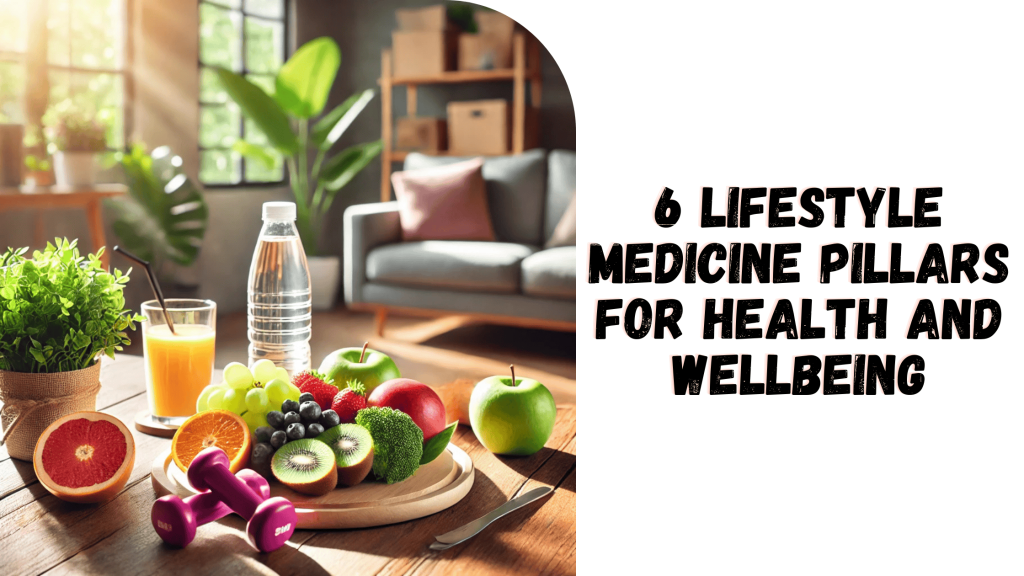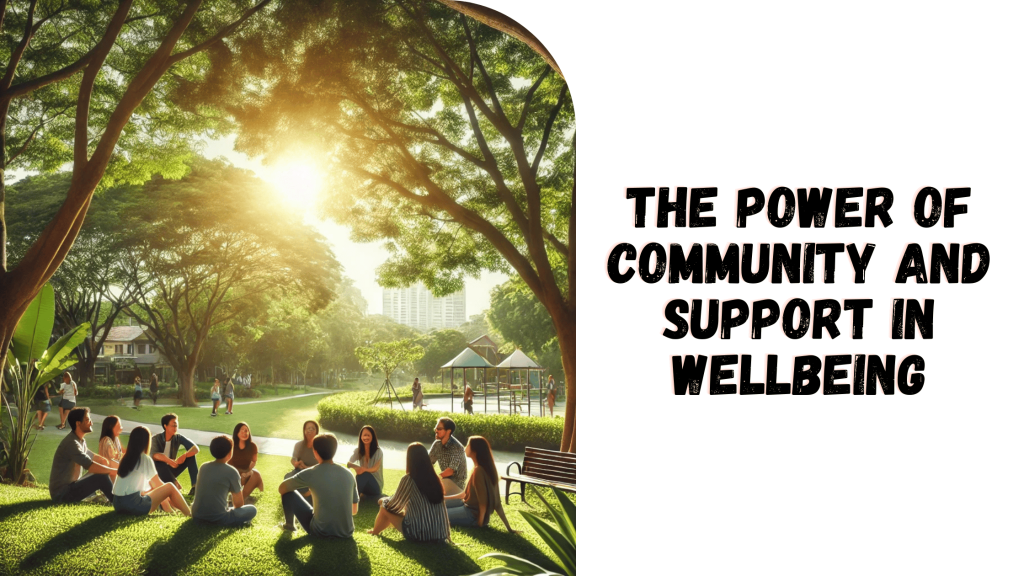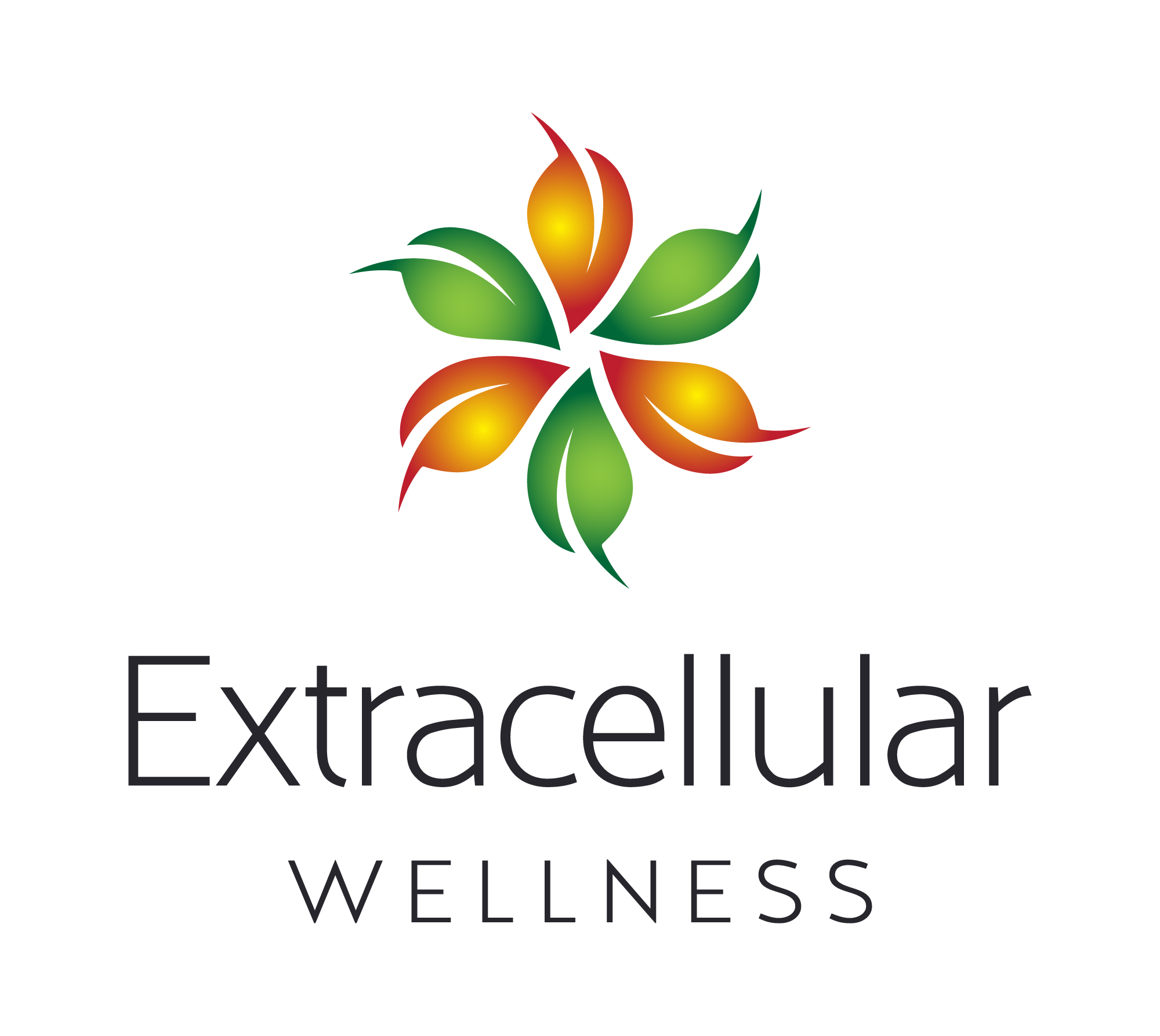
Table of Contents
What is Lifestyle Medicine?
Lifestyle Medicine is a speciality based on evidence that helps people prevent illness and improve their health and well-being. It can also reverse some diseases or significantly improve the quality of life of people with chronic health conditions.
The Six Pillars of Lifestyle Medicine
There are six pillars of lifestyle medicine. They are:
- Healthy Eating
- Being Physically Active
- Quality Sleep
- Decreasing Stress and Improving Wellbeing
- Avoiding or Reducing Harmful Substances
- Healthy and Meaningful Relationships
The British Society of Lifestyle Medicine (BSLM) is an excellent source of reliable and trusted information. I did my Diploma in Lifestyle Medicine with them, and it significantly helped me provide lifestyle and non-medication-related options to my GP patients and health coaching clients.
In this blog, I will briefly overview the six pillars of lifestyle medicine. In my following six blogs, I will review each pillar and suggest minor changes you can make in each area.
Healthy Eating
What we eat can heal us or harm us. Eating healthily is good for our future health and ensures we can function daily. How often have you had a day when you ate a lot of ultra-processed foods and felt awful the next day? Unlike other Lifestyle Medicine Societies, the BSLM does not advocate for one diet. They focus on encouraging people to:
- Avoid ultra-processed foods and increase the amount of water that you a day
- Having more fruits and vegetables and eating more legumes, nuts, beans and seeds
- Have more whole grains and wholemeal foods
- Choose a protein source that has minimal antibiotics and hormones in it
Being Physically Active
Physical activity is essential to prevent chronic diseases such as diabetes, heart attacks and strokes, but it also helps to improve our mental health. As technology has increased, we have become increasingly sedentary and unwell. The NHS recommends that adults between the ages of 19-64 should:
- Breaking up extended periods of sitting with some form of physical activity
- Do 75 minutes of vigorous or 150 minutes of moderate activity intensity activity a week
- Do activities that strengthen the major muscle groups 2 days a week
- Try not to do too much in one day and spread your activities out evenly throughout the week
Quality Sleep
Adults need between 7-9 hours of sleep. Good quality sleep is not just crucial for our bodies to rest and build our energy stores back up. It is also essential for our immune system, which fights infection and destroys cancer cells. Getting less than 5 hours of sleep can negatively impact your microbiome. Sleep deprivation also affects hormones that control our appetite, and this can lead to an increased appetite and, therefore, an increased calorie intake. Sleep is also vital for our brain function. It helps our brains to process new information. To get good quality sleep:
- Wake up and go to bed at the same time every day
- Make sure that your room is dark
- Avoid caffeine and alcohol in the late afternoon and evening
- Eating healthily and doing physical exercise also helps you to sleep deeply and for longer
Decreasing Stress and Improving Mental Health and Resilience
In 2011, the government created a mental health outcomes strategy document called “No Health Without Mental Health”. An ever-increasing amount of research has shown that healthy eating based on the Mediterranean diet, physical activity and good quality sleep help to decrease your risk and be used to treat depression and other mental health issues. Ways in which you can decrease your stress levels and improve your mental health and resilience levels are:
- Spend time outside in nature
- Keep a gratitude journal
- Reduce social media use
- Get good quality sleep
Avoiding or Reducing Harmful Substances
A lot is known about the dangers of high alcohol use, smoking and taking recreational drugs. Smoking and high alcohol intake are the causes of many health conditions. Many of these health conditions and deaths could have been prevented without these risk factors. It is also important to note that vaping is not a “safe” way to smoke. If you already smoke, it is thought to be a better alternative (this is still being researched), but it is not a better alternative if you do not smoke at all or if you are thinking of starting to smoke. In terms of alcohol, up to 7/10 people drink over the recommended guidelines.
This can have a negative impact on physical and mental health. You may be aware from various news stories around the world that some prescription drugs are causing a global pandemic of addiction and associated issues. In the future, this pillar may include prescription drugs and even social media.
Healthy and Meaningful Relationships
To thrive, humans need social connections, a safe community and purpose. Research has shown that loneliness can affect our health just as negatively as smoking 15 cigarettes a day. You may have noticed that in your GP practice, there are social prescribers. These link workers can help connect people to community groups and services in your local area. They not only help to improve your emotional well-being but can also help with financial and other complex social needs. With pandemics, the cost of living crises and wars, we must have healthy and meaningful relationships that allow us not only in the good times but also when we are struggling.
Conclusion – Embracing Lifestyle Medicine for Holistic Wellbeing
Lifestyle medicine puts your health in your hands. It allows you to make informed choices to improve the quality of your life and not just the physical aspects. In the following six blogs, I will take each pillar and discuss small, easy changes you can make in each area that can significantly impact your health and well-being. The BSLM currently has a #1change campaign to motivate everyone to think about a tiny change to improve their lifestyle, improve their long-term health, and decrease their risk of developing a chronic illness.
As we change and improve our lifestyles, our mindset and identity change. Therefore, I will also do one monthly review of books I have read on personal development. The first book review will be on the excellent book Atomic Habits. This book discusses the science behind habits and how to make good habits stick and bad habits less appealing. If you have any suggestions, please let me know!
Lifestyle medicine empowers individuals to take charge of their overall well-being through conscious lifestyle choices. Our mental, physical, and emotional health can flourish as we integrate these pillars into daily life. In upcoming posts, we’ll explore each pillar in-depth, offering simple, practical tips that anyone can incorporate for long-term health benefits. Remember, even one small change can create a ripple effect toward a healthier, more fulfilling life.
Reference
British Society of Lifestyle Medicine
NHS Physical Activity Guidelines
Benefits of Sleep for Mental Health
Thank You
We appreciate your commitment to educating yourself about Lifestyle Medicine by reading our article; recognising the importance of this health aspect is crucial.
We’re here to provide you with the information you need. We invite you to explore our diverse collection of Blogs posts for more insightful perspectives on topics that matter to you. From in-depth articles on health and wellness to enlightening pieces on current global issues, we strive to bring you content that informs, inspires, and engages our readers.
Disclaimer: Our blogs are for informational purposes only and do not substitute for professional medical advice. Please consult us at ExtracellularTM or your doctor for further advice.






















































0 Comments